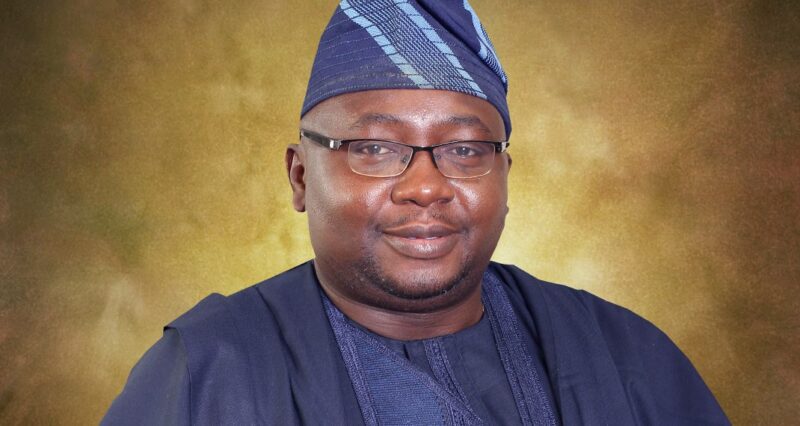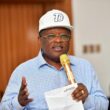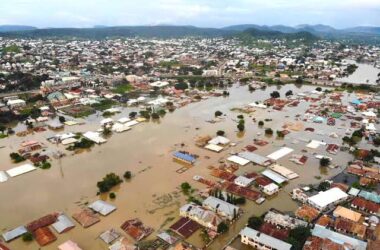The federal government, in a bid to avert a crisis in Nigeria’s power generation sector, has pledged to settle at least N2 trillion of the N4 trillion it owes power generation companies (GenCos) before the end of 2025.
Minister of Power, Adebayo Adelabu, made the announcement during the sixth edition of the 2025 Ministerial Press Briefing Series, held at the National Press Centre in Abuja on Thursday.
He said the debt, which he noted was inherited from the past administration, would be cleared through direct cash payments and promissory notes guaranteed by the government.
The unpaid debt has caused growing concern among GenCos, most of which are privately owned. They had previously warned that they might shut down operations unless the financial burden was addressed. Adelabu’s remarks were aimed at calming those fears and reassuring the public of continued power supply.
“This is a debt we inherited, and we are already working on reducing it significantly by the end of this year,” Adelabu said.
He also spoke on the recent electricity tariff increase, clarifying that the decision was necessary to keep the power sector running and improve service delivery, rather than to benefit electricity distribution companies at the expense of citizens.
According to him, “We are not in any way working to favour the electricity companies but doing our best to ensure that even the poor can also enjoy steady power at affordable rate and keep the system working.”
Adelabu further urged consumers to report distribution companies that fail to provide power under the agreed service bands but still charge full rates. He said such reports would lead to immediate actions and penalties.
Despite the challenges, the minister noted that progress has been made in power generation. He revealed that Nigeria hit a new milestone on March 25, 2025, by generating 6,003 megawatts—the highest ever recorded in the country’s history.
“This achievement was followed by a peak generation evacuation of 5,801.44 megawatts on 4 March 2025, which also saw an impressive daily energy output of 128,370.75 megawatt-hours on that day,” Adelabu said.
He added that in the first quarter of 2025, Nigeria averaged 5,700 megawatts in daily generation, an improvement from 4,100 megawatts in the same period of 2023. That increase of 1,600 megawatts represents nearly 40% growth.
To further strengthen the sector, Adelabu said the Niger Delta Power Holding Company has restored 232.5 megawatts of previously idle capacity and constructed or improved 14 transmission lines nationwide.
Several installations and upgrades have also been completed, including those at Papalanto in Ogun State and the 65KM Afam–Ikot Ekpene transmission line.
“Our journey is just beginning, but we are proud of the foundation laid in the first 100 days of 2025. These achievements are not just statistics—they represent new jobs, improved livelihoods, and better prospects for our economy and citizens,” he said.
On a separate note, Minister of Information and National Orientation, Mohammed Idris, also spoke at the briefing. He shared updates from his recent trip to Las Vegas, where he attended the National Association of Broadcasters (NAB) Conference. Idris said the visit was part of efforts to modernise Nigeria’s media landscape.
“It is that unwavering commitment that is equally fueling interventions like this Ministerial Press Briefing Series, as well as our Town Hall Meetings, which we will take to every part of the country in due course,” Idris stated.










